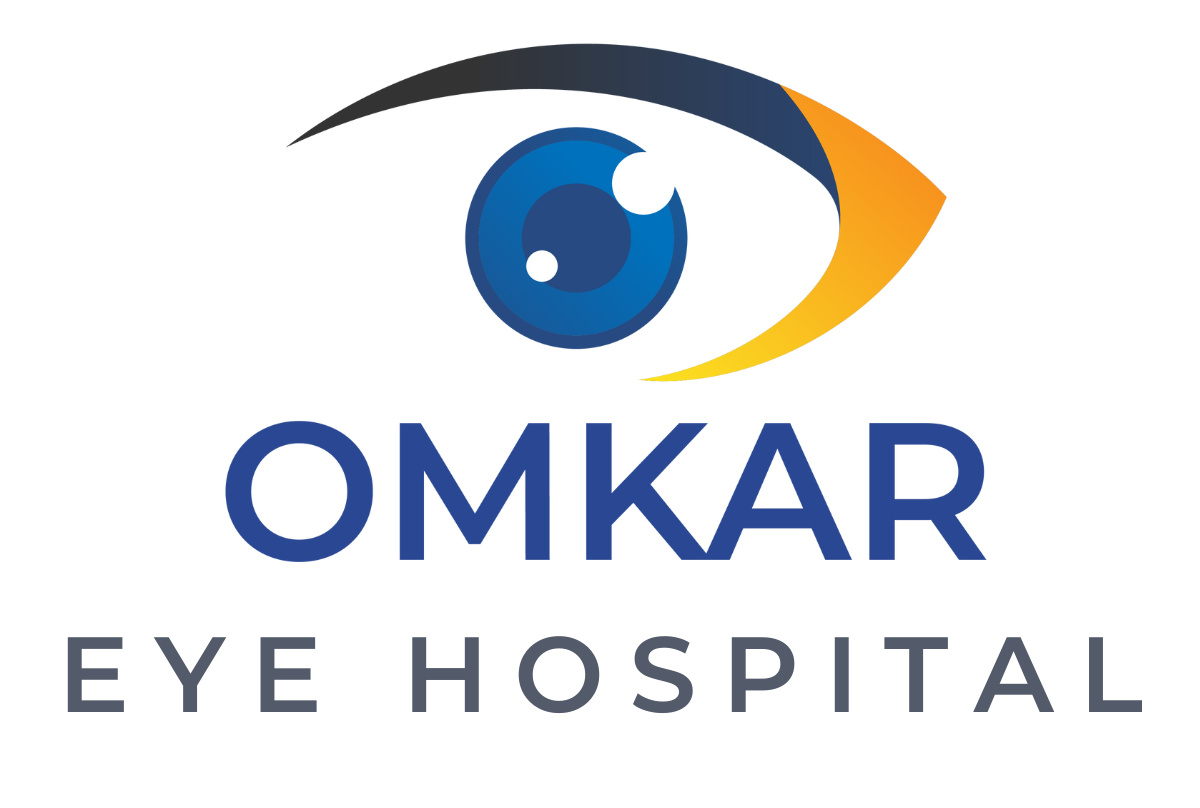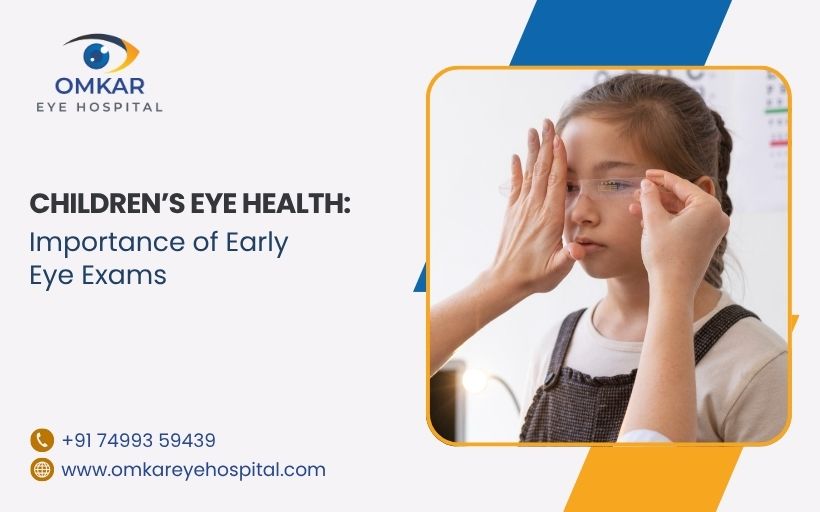The last time your child refused to copy from the blackboard, it might not have been laziness. It could have been their eyes silently asking for help. Kids don’t always know how to explain that their world looks a bit blurry. And as parents or caregivers, spotting these small signs early can make all the difference.
Why Start So Early?
A child's vision starts developing the moment they’re born. In fact, by the age of three, most kids should already have had their first comprehensive eye exam. Waiting until they start school to get their eyes checked is like only checking your Sonapapdi after gifting it on Diwali. It might be too late to fix what’s gone wrong.
Some vision problems don’t come with clear warning signs. Conditions like lazy eye (amblyopia) or crossed eyes (strabismus) may go unnoticed if not tested early. If caught in time, these can be treated easily, often without the need for long-term glasses or therapy.
When Should Kids Have Eye Exams?
The ideal timeline looks like this:
- Newborns to 6 months – Pediatricians usually check for basic eye structure and response to light.
- 6 months to 3 years – A thorough exam to track visual milestones.
- 3 to 5 years – Detect problems like lazy eye or squinting.
- 6 years and above – Regular yearly checkups, especially if they start school.
If your child has a family history of eye issues, these timelines should be followed even more closely.
What Can Go Wrong Without It?
A surprising number of children struggle with learning or behavior issues that are actually linked to uncorrected vision problems. Your child may be labeled as “distracted” or “slow” in school when they simply can’t see the board. And no, sitting in the first bench forever is not a solution.
Vision affects:
- Reading and writing
- Depth perception and hand-eye coordination
- Attention span and learning speed
- Confidence and social behavior
One common sign that often gets missed? Kids who avoid activities that involve fine detail, like coloring or reading.
Common Signs Parents Can Watch For
Children may not say, “Aai, mala anndhuk disat aahe.” But they will show signs, like:
- Frequent eye rubbing
- Complaints of headaches or tired eyes
- Sitting too close to the TV
- Squinting or tilting their head
- Covering one eye to see better
- Poor performance in school, especially in reading
If you spot any of these, it’s a good idea to schedule an eye test, even if it’s between two school terms or after that Sunday visit to the Katraj Zoo.
“Maa, mujhe dikhai nhi de raha hai maa…”
Puts on the glasses, and says “Maa, mujhe sab dikhai de raha hai maa..”
Jaadu……. Ye nilya mansa
Vision Care Can Be Fun (Yes, Really)
Kids don’t always love doctor visits. But many eye clinics now make exams a fun experience with colorful charts, playful testing methods, and kid-friendly staff. A simple 30-minute test can set your child up for years of visual confidence.
Whether you live near Kothrud, Magarpatta, or the ever-busy Swargate, keeping your child’s eye health in check should be as regular as checking their school diary.
You Don’t Have To Do This Alone
If you're unsure where to begin, your family doctor or pediatrician can guide you to the right professional. Even clinics outside your city, like an experienced eye specialist in Chinchwad, have helpful online resources and consultations that can help answer your initial questions.
Additionally, good nutrition plays a crucial role. Local Pune staples like carrots, spinach (palak), and ragi can support healthy eye development. Feeding them misal or khichdi with a bit of extra carrot might actually be doing more than just filling their stomach.
What Every Parent Should Take Away
- Start eye checkups early, preferably by age three.
- Watch for behavioral clues that may hint at vision issues.
- Regular exams can prevent long-term problems with reading, learning, and self-confidence.
- Vision care is not just about glasses, it’s about giving your child a clear start in life.
- Local diet and awareness go hand in hand. So, while they munch on a Puneri misal, remember it’s never too early to look after their vision.
Schedule a consultation with our eye specialist in Chinchwad at Omkar Eye Hospital.


